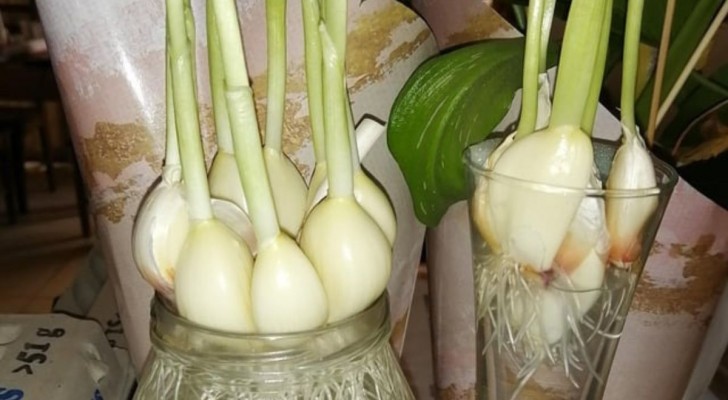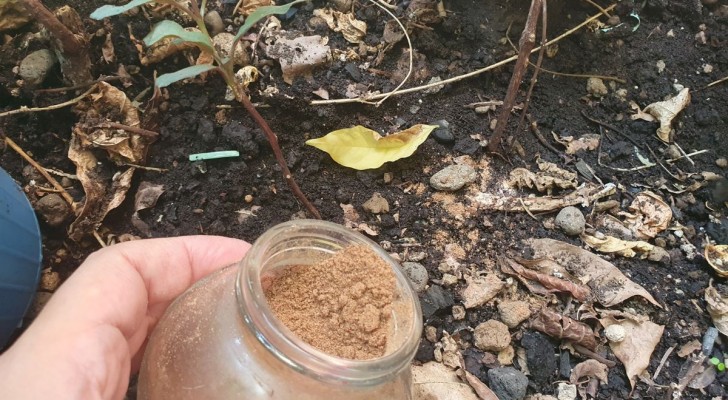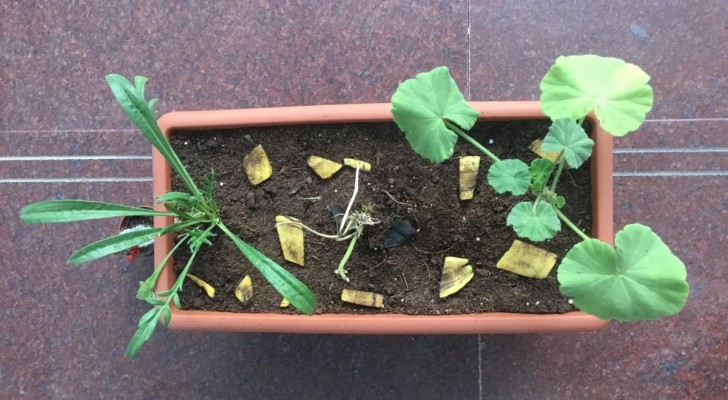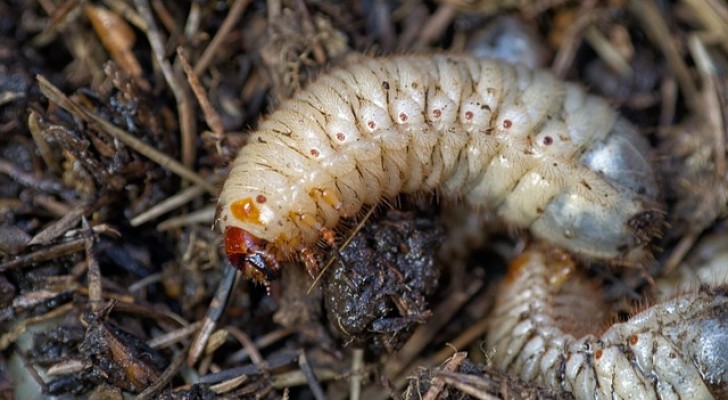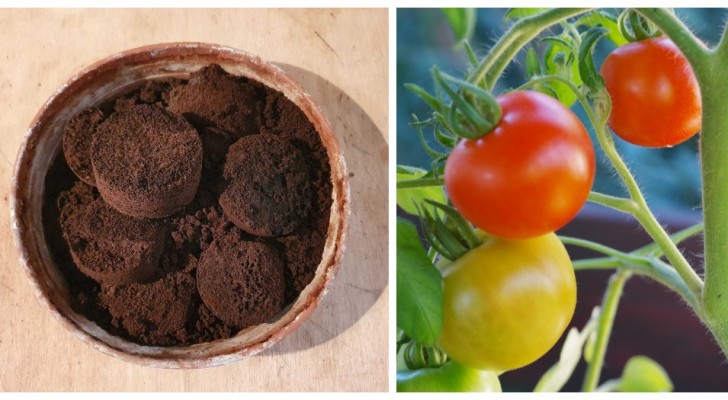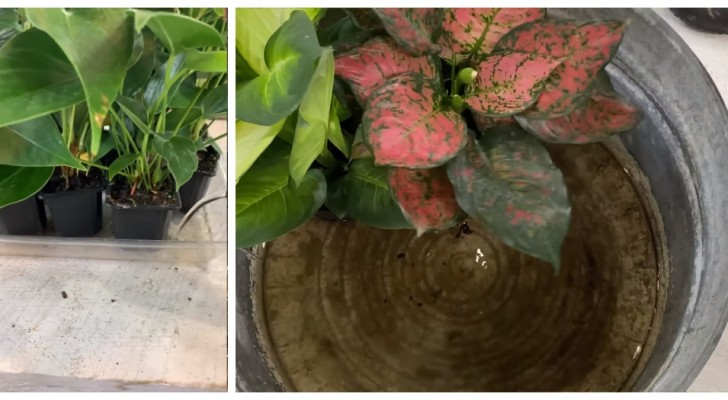Don't throw away rice water: do you know it's a great no-cost plant fertilizer?
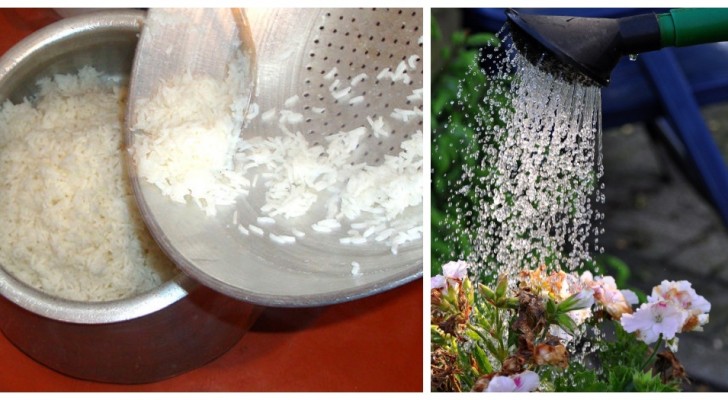
All those with a green thumb are always looking for effective tips that can make the difference in the success of their plants: there are those who rely on the commercial products which have been tested and proven; and then there are those who love to venture out and take a chance on natural and DIY remedies - which can often give truly excellent results.
Among the many myths that can be discovered online, is a custom that comes from the East and, in fact, has a grain of truth: using rice water as a natural fertilizer. This is a really simple and, above all, useful tip to avoid unnecessary waste. Read on to find out more:
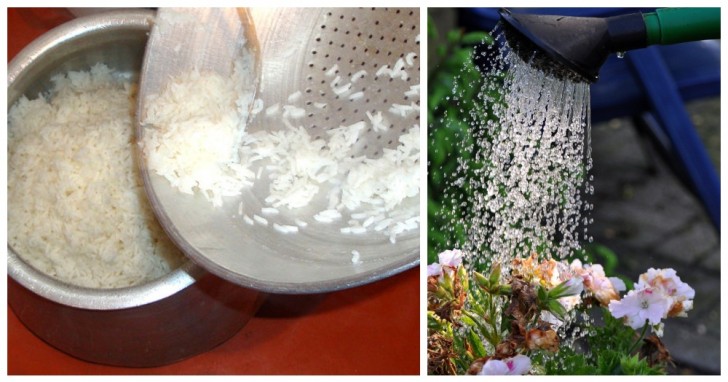
First of all: which type of rice water? We are not talking about the water in which rice was cooked - especially not water into which salt has been added, but rather, we are referring to the water in which the rice has been washed before cooking. A research project conducted in Indonesia, in fact, found that the water in which rice is rinsed is much better than that which comes straight from the tap in making plants grow more luxuriantly.
When preparing rice in Asia (but not only in this part of the world) it is always recommended to rinse it first until the water that comes off is no longer milky but is completely transparent. Generally, this point is reached after the third or fourth rinse. All the rinsing water that is usually thrown away, however, is rich in substances useful for making fertilizers: proteins, fibers, amino acids, calcium, phosphorus, iron, zinc, potassium are just a few of these minerals in the rice water. Also, there is starch in the water which is useful for the beneficial bacteria that grow in the rhizosphere (the rhizosphere is the narrow region of soil that is directly influenced by root secretions and associated soil microorganisms).
The advantages of using rice water to irrigate plants are:
- the fact that it is an eco-sustainable practice
- it promotes plant growth
- it increases the amount of beneficial bacteria in the soil
- it's a no-cost / low-cost remedy
- it increases the abundance of yeild of fruit or harvest species
How to water plants using rice water:
Transfer the rice water into a spray bottle and spray it on the leaves, on both sides. However, do this only in the morning or, even better, in the evening, so the plant has more time to absorb the nutrients and the water itself.
However, you can also pour it directly onto the ground with a watering can - as you usually do when watering plants. The important thing is to use it immediately, otherwise - especially in the hot season - it can begin to ferment.
Have you ever tried this tip?
